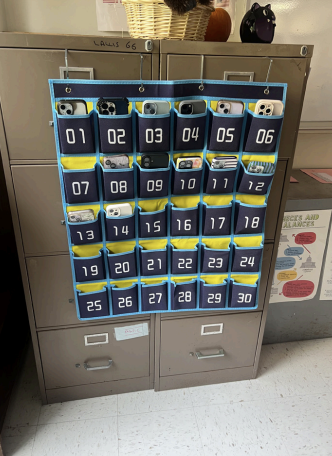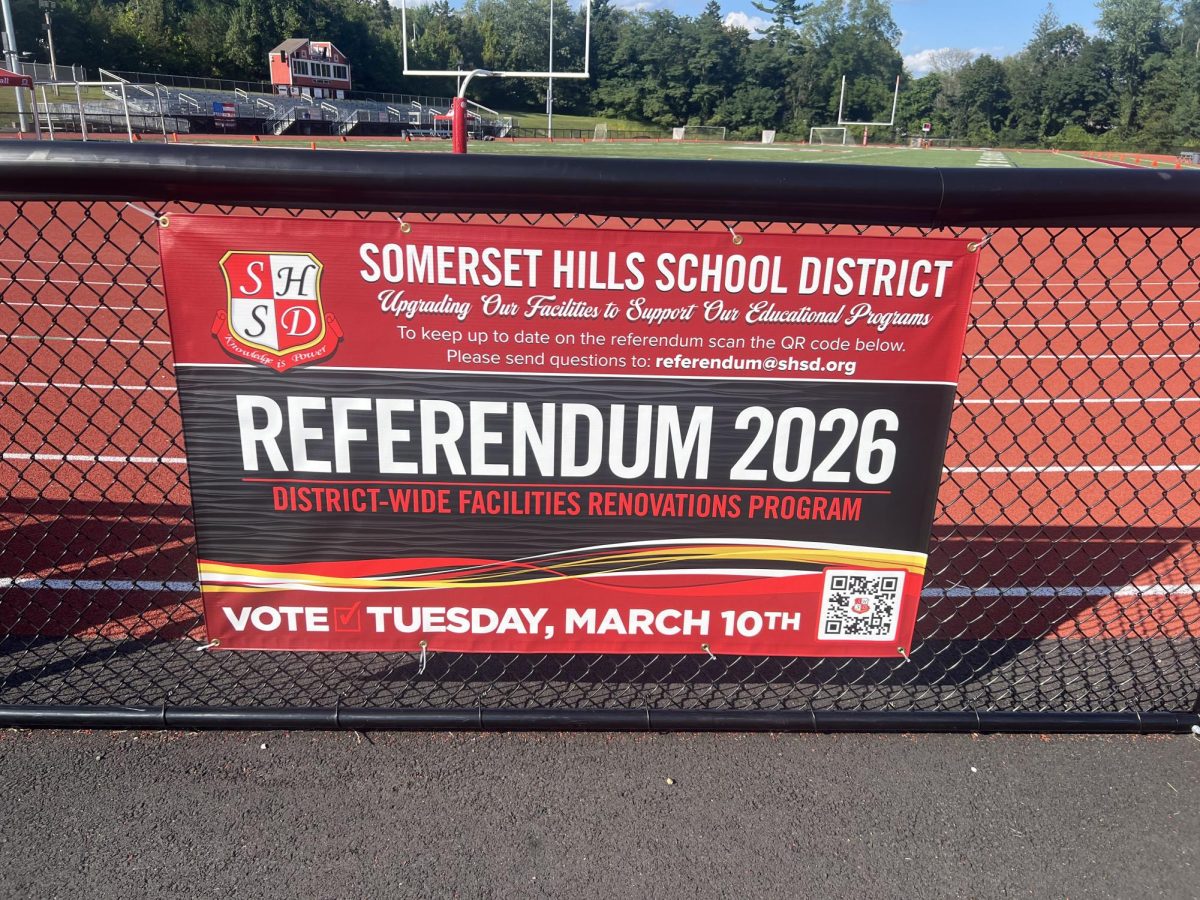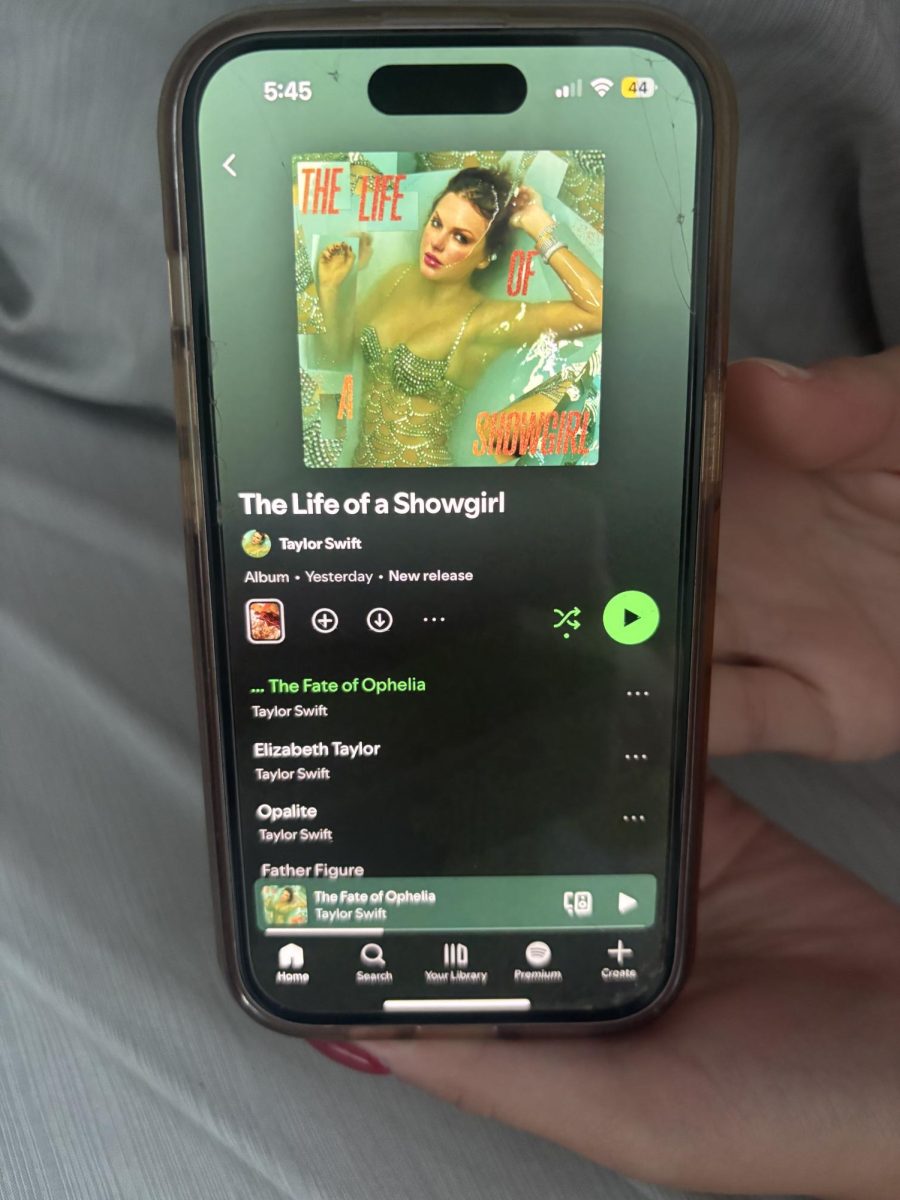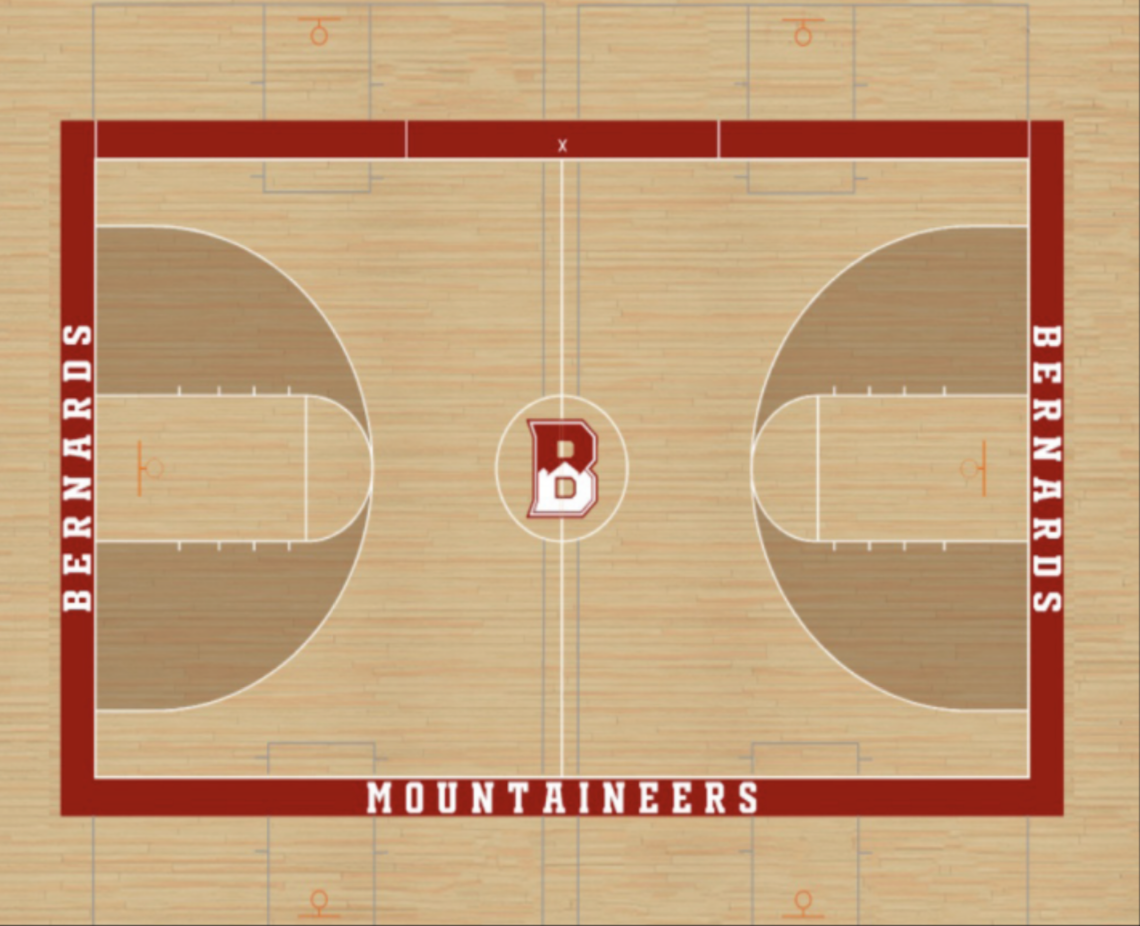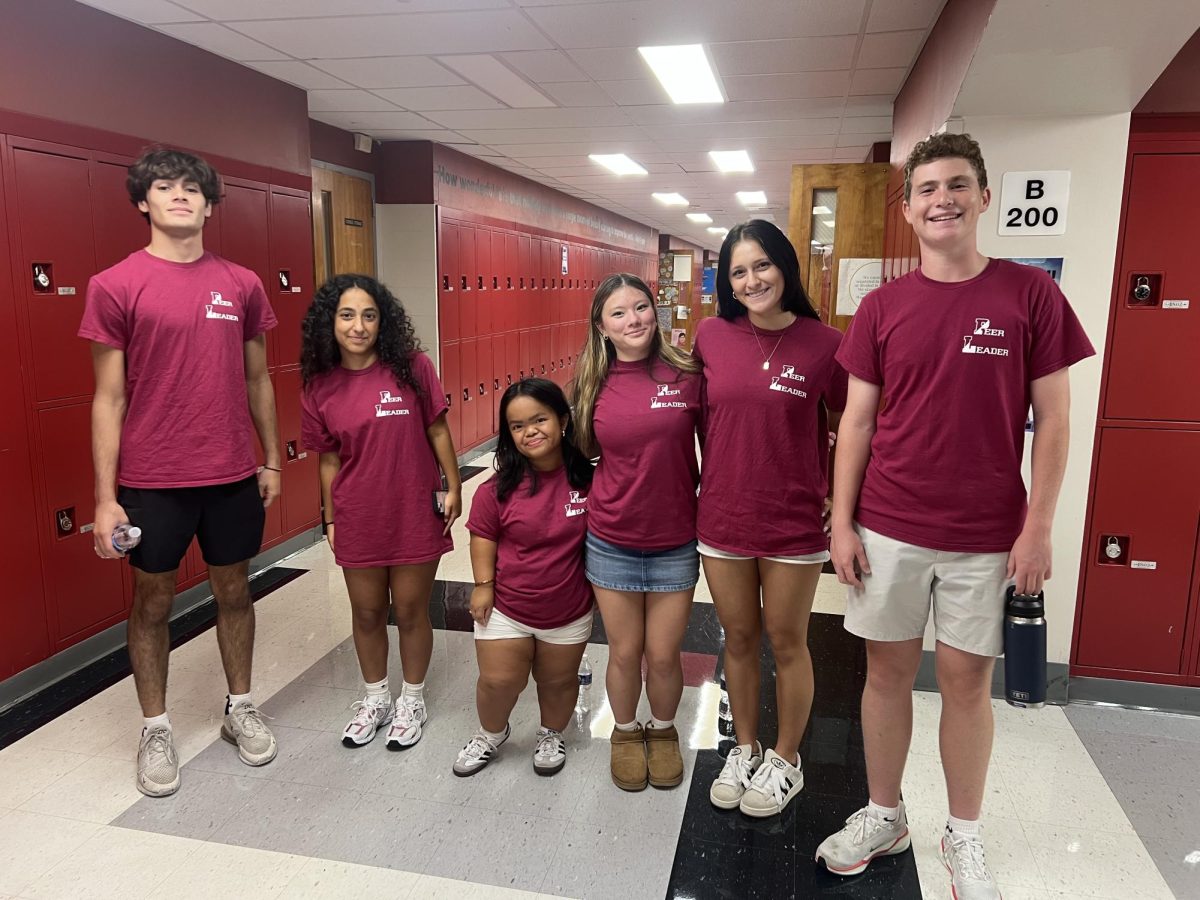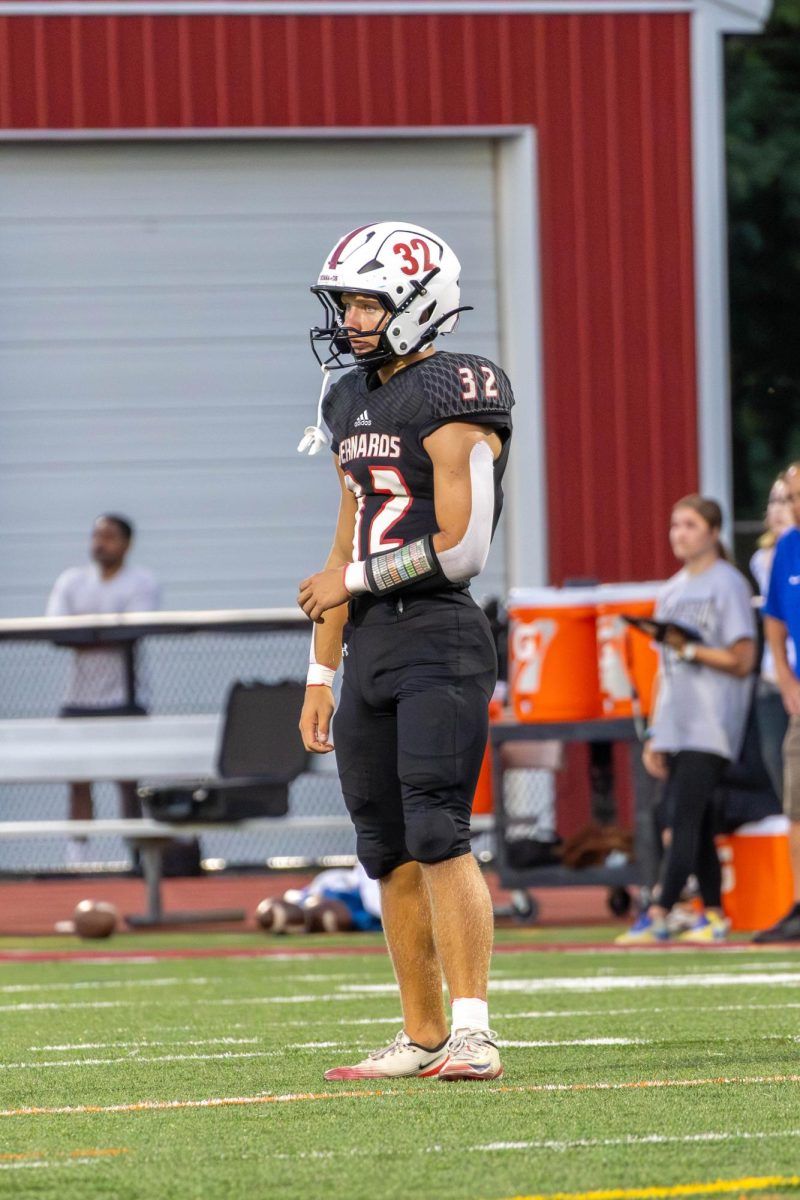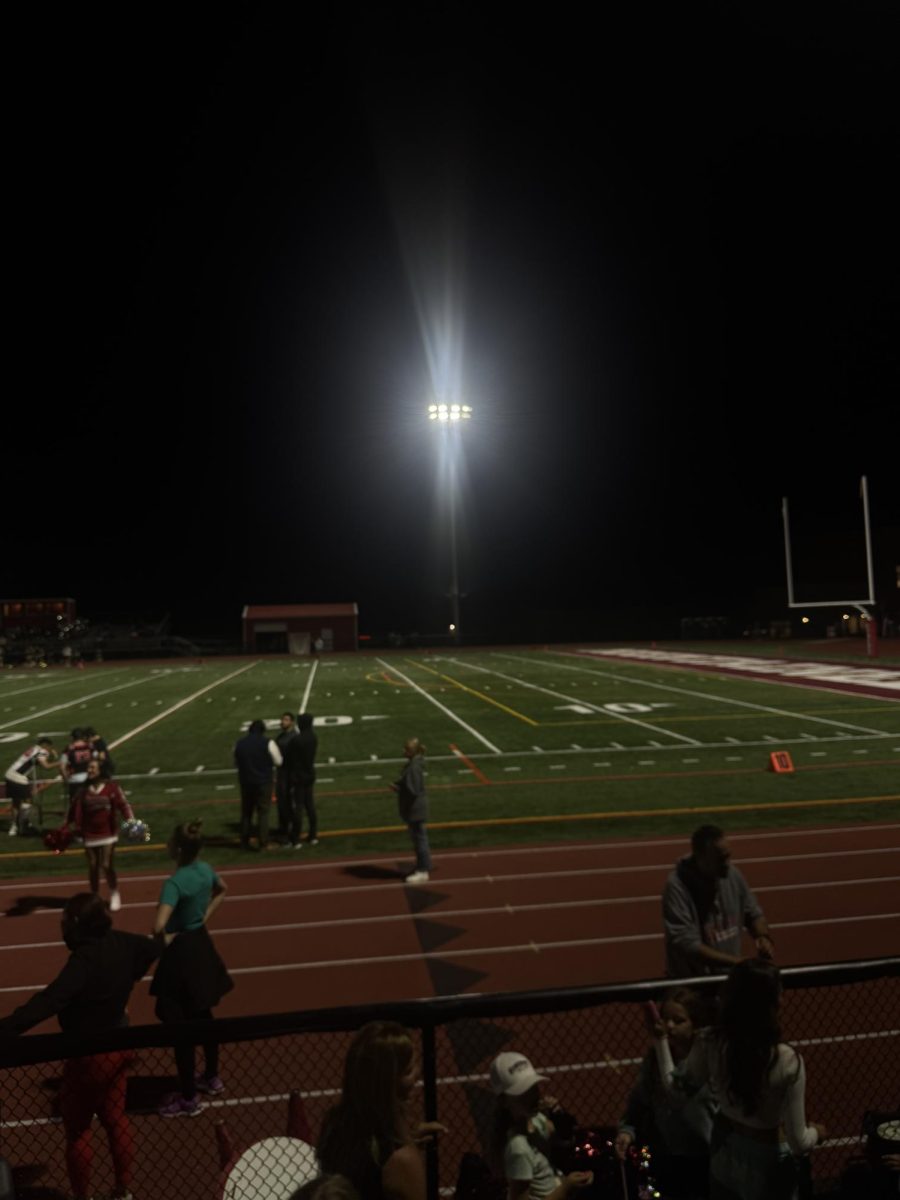As of August 21st, 2025, the Somerset Hills School District (SHSD) imposed new phone policies at Bernards High School. This did not come without controversy as teachers and administrators enforced this new policy throughout each classroom.
On Tuesday, June 24, in his last year in office, New Jersey Governor Phil Murphy gave his State of the State address to New Jersey. This address consisted of expanding full-day pre-kindergarten in NJ, allowing state workers to receive full pay, and most popularly, banning cell phones in any learning environment from grades K-12. This call has arisen from concerns about mental health in students and the use of phones as a cause for distraction.
The 2025-26 school year is the first time students have seen phone rules implemented throughout every classroom at BHS. Meanwhile, Bernardsville Middle School has had this rule for years, only with different parameters. When the middle school bell rings for the first period of the day, students’ phones must go into their lockers. Their phones must stay in there and not be seen at any point of the day, not even at lunch.
In the halls of BHS, students are given permission to have their phones in between classes, during lunch, and in study halls. Angel Jobiese ‘28 explains how teachers “are very quick to write students up if they see them in hallways, if they do see them with their phones”. When students are in class, their phones must be silenced and stored in phone holders. These phone holders are made of sturdy fabric and hung on walls in the classrooms. Teachers have been instructed to call these fabric phone holders, “photels” (phone hotels), to have a more positive connotation than the previous student-made nickname of “phone jails”.
Throughout the school day, staff members have been instructed to be on the lookout for any students using their phones during instructional time. If students fail to put their phones away during instructional time or are seen in the hallways with their phones, administrators will be required to impose discipline. In addition to phones being restricted, so are any other “communication device[s] (e.g., Apple Watch, Gabb Watch, or other device)” (Superintendent Letter 8.21.25). This is a rule that has been implemented throughout the entire district, without exception. If any student comes to school with a type of “communication device,” they must keep it in their bag, or in BHS’s case, in the “photels”. There are different names for it, however. For example, Ms. Clark, a teacher in the history department, calls her phone holder a “phone resort: where phones go to rest and recharge”. She also has charging cables in case one’s phone needs to literally recharge.
Teachers, administrators, and even some students find this newfound regulation helpful. Dr. Butler, Assistant Superintendent of SHSD, explains how having these phone laws in place is useful, as she has “heard students report that while the first few days were an adjustment, they are more focused during their classes now”. Some students do see the benefits of this new arrangement. Jobiese thinks that they are “helpful because [she] [feels] like [she’s] getting work done and staying focused”.
However, benefits are not the only thing staff members see. English teacher, Mrs. Snyder, sees how this could be an issue for upperclassmen. As students move into college, Mrs. Snyders explains how “seniors should be able to manage their phone use before college. There are no phone hotels in college, and they need to learn how to restrict themselves from their phones while in a learning environment”. Many students, including Colin Caggiano ‘27, have reported this new action taken from the state to be “unnecessary” and “annoying”. He also finds that “the old policy was better. Even if a teacher didn’t take your phone, it’s not like you could even use it in class without permission from them”. Students also express their concern for safety measures, especially when using the restroom. Jobiese feels like “teachers or administrators should allow [students] to to bring [their] phones to the bathrooms in case anything might happen. In emergencies like lockdowns, especially in the bathrooms where [students] can’t have them, it can be really scary”.
As students continue learning throughout this school year and teachers continue to monitor phone usage, there is still one question that has yet to be answered: Will the students of BHS see vast improvement or regression in their learning while their phones are apart from them?


